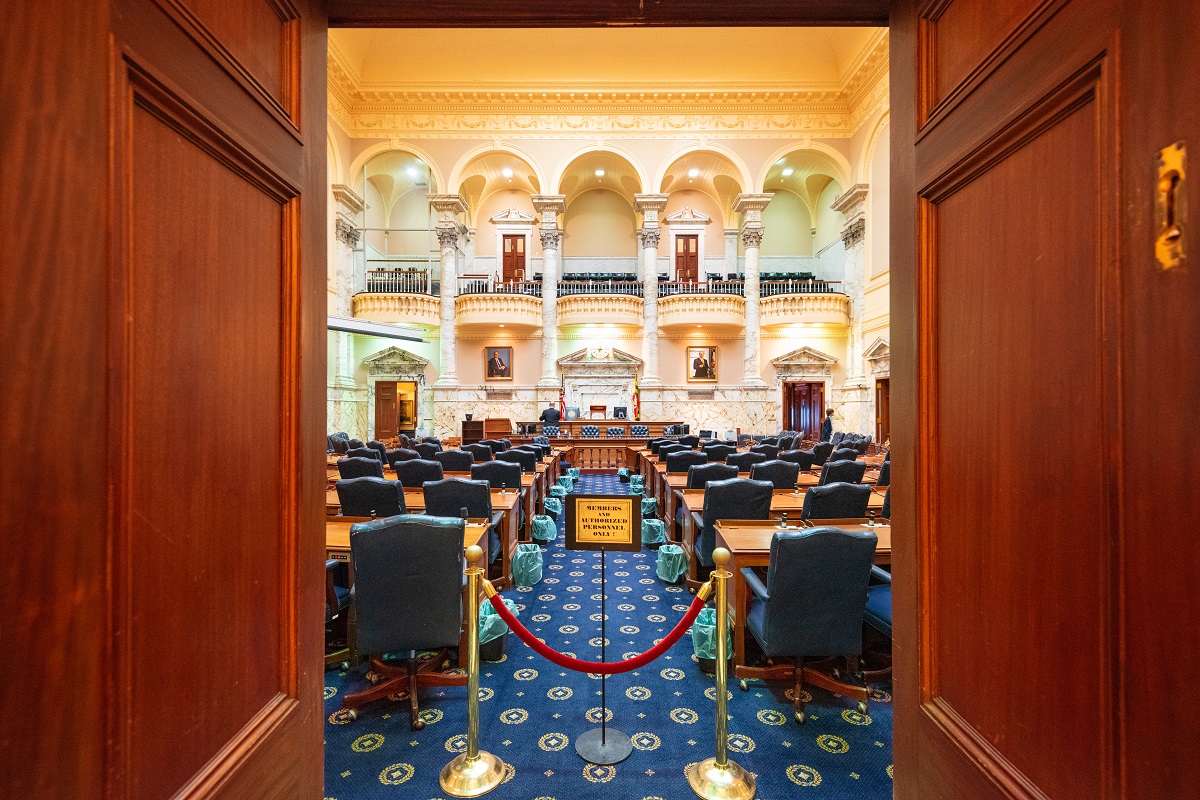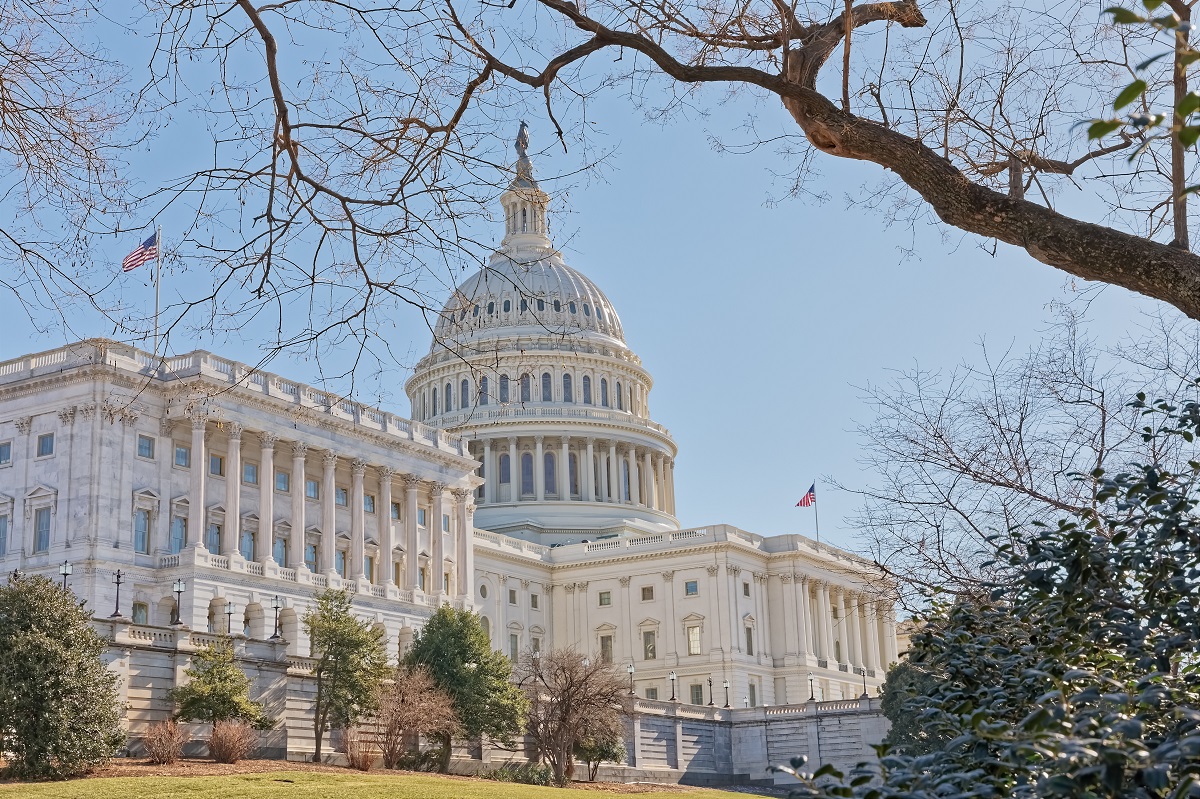The Consumer Financial Protection Bureau on Nov. 16 released its annual report regarding its activities taken in 2023 to administer the Fair Debt Collection Practices Act, spotlighting, among other topics, the collection of medical debt.
Posts tagged as “Federal Regulation”
The Federal Trade Commission recently announced approval of an amendment to the Gramm-Leach-Bliley Act Safeguards Rule to require nonbank financial institutions to report to the FTC the unauthorized acquisition of unencrypted customer information involving at least 500 consumers (a “notification event”).
Continuing on its mission to curb abusive collection efforts related to medical debt which began to take life in 2022, the CFPB on Sept. 21 announced its initiation of a rulemaking process to remove medical bills from credit reports entirely.
The U.S. Supreme Court has agreed to consider a decision by the U.S. Court of Appeals for the Fifth Circuit that found the Consumer Financial Protection Bureau’s funding structure was unconstitutional. And so, for the second time in less than four years, the CFPB’s fate is set to be decided by the nation’s highest court.
The U.S. Court of Appeals for the District of Columbia Circuit recently reversed the ruling of a trial court and concluded that the Consumer Financial Protection Bureau’s Prepaid Rule, which regulates digital wallets and other prepaid accounts, does not mandate a “model clause” in violation of the Electronic Fund Transfer Act.
The U.S. Court of Appeals for the Ninth Circuit recently affirmed a trial court’s ruling in favor of the Consumer Financial Protection Bureau against a company and its owner that provided fee-based scholarship and financial aid services to prospective and current college students.
The Consumer Financial Protection Bureau increased the maximum civil penalty it can impose within its jurisdiction after Jan. 15, 2023. The increases are mandated by federal law, which requires agencies to adjust for inflation each civil monetary penalty within an agency’s jurisdiction by Jan. 15, 2023.
Last year saw an influx of federal and state regulation aimed at what information must be conveyed to consumers in anticipation of the provision of medical services as well as restrictions on the collection of medical debt. Expect more activity in 2023.
Just a few years ago, the annual review would primarily encompass federal activity. But a shift began in 2018, and by the close of this year, it’s clear there is far more state activity impacting consumer debt collection.
The upward trend in data privacy legislation continued in 2022. According to the National Conference of State Legislatures, “[a]t least 35 states and the District of Columbia in 2022 introduced or considered almost 200 consumer privacy bills,” which is a significant increase from 160 bills in 2021.
Continuing with the heavy trend 2022 has seen of both federal and state regulator focus on medical debt coming on the heels of the aftermath of the COVID-19 pandemic, a bill introduced in the U.S. Senate is taking aim at the collection of medical debt.
In a pair of recent enforcement actions, the Federal Trade Commission cracked down on companies with allegedly lax data security measures that resulted in the theft of personal information of millions of consumers.











